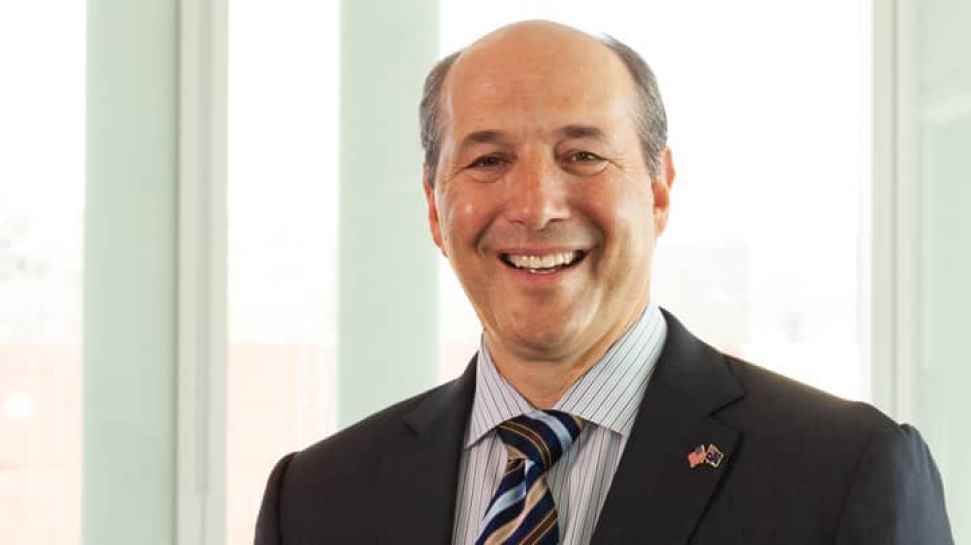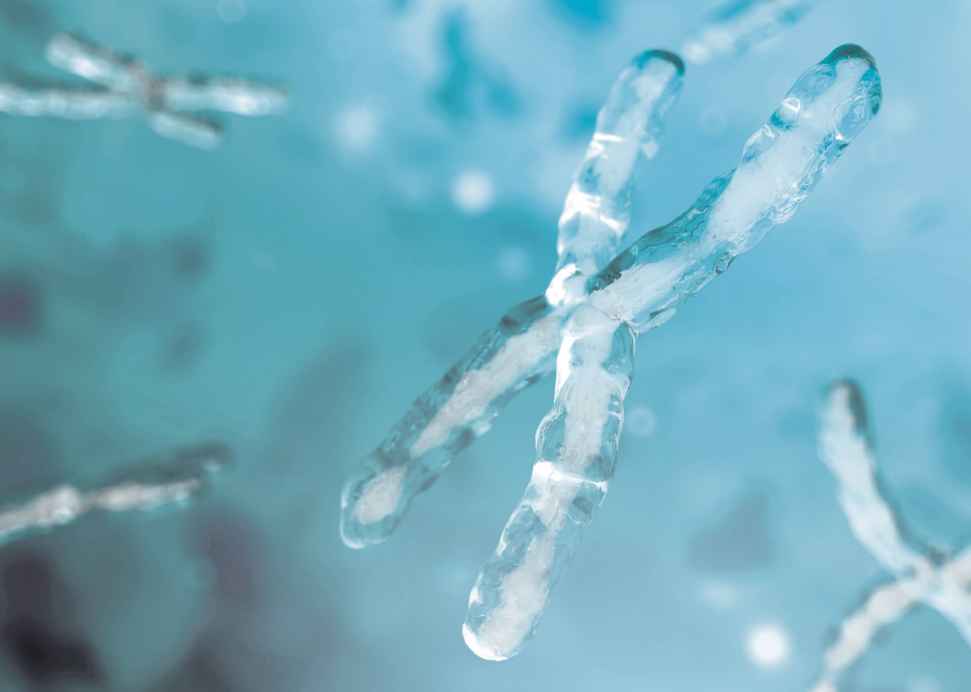TRUST IN AN
ERA OF FAKES
—
A new Flinders research centre is setting out to rebuild democratic values.
Flinders University has launched an innovative new research centre designed to shore up trust in democratic values in an era of disinformation, deep fakes and compromised electoral campaigns.
The Jeff Bleich Centre for the US Alliance in Digital Technology, Security and Governance (JBC) is named for a former US Ambassador to Australia, who is patron of the project and will play an ongoing role in its operation and development.
“It will focus on restoring trust and integrity in the digital age,” says Ambassador Bleich, adding that the alliances that built the international liberal world order need to adapt to these new technologies. “Our freedom and our security depend on it.”
While technology holds the promise of universal access to information, it has also emerged as a powerful disruptive force according to Professor Don DeBats, Head of American Studies at Flinders University.
“And the consequences of this have been frightening,” he says.
“It is so easy when there has been rapid technological change for trust to be eroded, for people not to trust one another, to not trust people who are somewhat different from them.
“Our ideological opponents have seen that weakness – and they have acted – and the consequences are disruptive and destructive for democratic societies and the values that we hold.”

Having served in the Obama administration as U.S. Ambassador to Australia, Flinders University recently launched The Jeff Bleich Centre for the US Alliance in Digital Technology, Security, and Governance. I previously led the board of California's state universities, as well as leading the State Bar. For three decades, I have been devoted to meeting the needs of those in the neglected middle-class—as a lawyer, teacher, and community leader.
“It’s not just a matter of learning the lessons of history, but also acting now to protect future generations. Every massive technological disruption has created an opportunity in the short term to exploit others.”
The centre’s work will seek solutions to this and to chart a course for the future.
“We cannot again allow technological change to outpace our answers to technological change,” says Professor DeBats.
“We cannot leave people behind who are vulnerable and who are frightened, not just for themselves but for their children.
“And that is the most important mission of this centre.”
Jeff Bleich, who is now based in San Francisco, was appointed as ambassador to Australia by President Obama in 2009 and held the post through 2013. He is a longstanding friend of Flinders and received an honorary doctorate from the University in March, 2014.
Ambassador Bleich, who is also chairman of the Fulbright Foreign Scholarship Board in the US, draws on history to explain why he agreed to help establish the JBC.
“It’s not just a matter of learning the lessons of history, but also acting now to protect future generations. Every massive technological disruption has created an opportunity in the short-term to exploit others. But doing that inevitably imperils long-term peace, and has always produced wars, economic collapse
and failure. The people who built the international liberal order were willing to make sacrifices, and act in a far-sighted way; rebuilding their adversaries, developing trustworthy markets, forging agreements
about dangerous technologies and fashioning a rules-based order.”
“I think the lesson from history is not just ‘don’t make the same mistakes’ but, make the choice now to sacrifice and serve for the next generation,” he says.
“My other big lesson at Flinders is that when Don has a vision, don’t stand in the way of it, just go along for the ride.”
The initial focus of the JBC will be the analysis of the strategic social science implications of new technologies with respect to the Australia-United States defence and security relationship.
In this, the centre will capitalise on the existing collaborative relationship with the Defence Science and Technology group (DST) in cyber research projects, and it will extend Flinders’ social science research capacity in blockchain applications to defence.
The research program will work with the major defence initiatives being developed in South Australia as well as major industry players with a large investment in the future of security – Australian banks, and legal, data and ICT companies, both in Australia and in California.
Ambassador Bleich’s Californian link and close ties to initiatives in the US state around cyber research and security (including water security) will not only benefit the JBC, but also the National Centre for Ground Water Research and Training based at Flinders, and South Australia’s collaborative Goyder Institute for Water Research. These ties will also help to extend Flinders’ strengths in autonomous vehicles and AI start-ups, and assist in expanding Flinders’ international collaboration with California universities, companies and institutes.
Professor DeBats says it is an opportunity for Flinders to continue to fulfil what it set out to do 50 years ago as a “new and innovative university”. The centre combines strengths in the social sciences with those of technology.
“We have an exciting, creative program that brings together some of the strengths of Flinders University,” Professor DeBats says.
“And we hope that the young people who will take over this relationship between the United States and Australia will benefit from this kind of perspective.”
Because, he says, the ‘problem space’ is not unique to one country or the other, “it is one we share and perhaps there is a ‘solution space’ that we can both share”.
But in order to flourish, not just from a funding perspective, Ambassador Bleich says all stakeholders must become engaged.
“Right now the biggest challenge is not simply for the government to act,” he says, “but for business and the government to act together and offer a positive vision for the future. The public will not trust government or tech until they see everyone at the table together working toward the common good.”
“The best things we have ever built in society – including my home town of Silicon Valley – have not come from just one sector; they’ve come from the public sector and the private sector and the not-for-profit sector and the research sector, all coming together to try and solve a problem.”
Professor DeBats believes the JBC has a good chance of achieving that.
“We need to anticipate change and prepare our society, our people and the children for a changed future so they are not afraid of it but embrace it, enjoy it, and see the opportunity,
not a threat.
“In that confident space they can trust one another and not be divided.”
Donate to research
Through research, and research-led teaching, we build and develop the knowledge and capabilities that improve lives and enhance society as a whole. Your gift can help support our projects, which are finding practical solutions to real-world challenges and create hope for a better future.
![]()
Sturt Rd, Bedford Park
South Australia 5042
South Australia | Northern Territory
Global | Online






